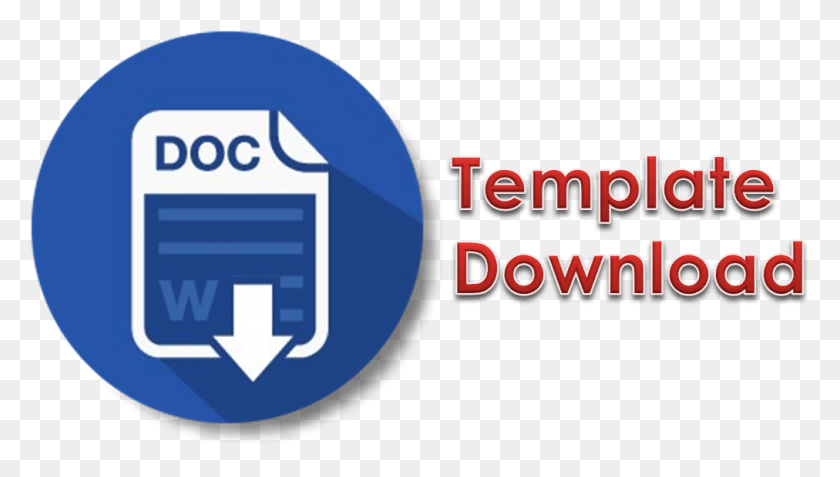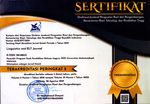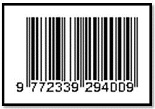The Solutions of Writing Undergraduate Thesis: A Narrative Inquiry Case Study
Abstract
EFL undergraduates have been making every effort to finish their theses throughout the process of thesis proposal, thesis proposal exam, writing thesis, oral thesis test, and thesis revision. This study invited four graduates of the English department who had finished their thesis within six months or less. They were interviewed in-depth via Zoom to reveal the tactics and solutions they had used to succeed in their undergraduate thesis. The authors used a narrative inquiry case study to justify their experiences, solutions, and strategies in writing their thesis. The participants understood the difficulty of conducting research and writing a thesis but overcame it through perseverance, determination, and self-discipline. They did various research preparation tasks during the thesis proposal, such as reading related sources to strengthen their references and learning how to create a thesis. They lacked the confidence to attend the thesis proposal exam, but they prepared it at their best. They could complete each section of the thesis with the help of their peers and advisor. Maintaining positive relationships with one's mentor, examiner, and peers could help them feel more confident in their writing and reduce the stress associated with writing a thesis. They calmed their tension, reread all thesis chapters, and practiced their presentation to ace their thesis examination. They were able to complete their thesis revision on schedule due to the guidance of their thesis mentor and an encouraging examiner. How further research solutions of the four participants were elucidated in this study.
Keywords
Full Text:
PDFReferences
A. Medaille, M. Beisler, R. Tokarz, and R. Bucy, “The Role of Self-Efficacy in the Thesis-Writing Experiences of Undergraduate Honors Students,” Teach. Learn. Inq., vol. 10, 2022, doi: 10.20343/teachlearninqu.10.2.
J. Falconer and D. Holcomb, “Understanding Undergraduate Research Experiences from the Student Perspective: A Phenomenological Study of a Summer Student Research Program,” Coll. Stud. J., vol. 42, pp. 869–878, 2008.
J. Nurkamto, Djatmika, and L. A. Prihandoko, “Students’ Problems of Academic Writing Competencies, Challenges in Online Thesis Supervision, and the Solutions: Thesis Supervisors’ Perspectives,” Teflin J., vol. 33, no. 1, pp. 123–147, 2022, doi: 10.15639/teflinjournal.v33i1/123-147.
S. Dakhi and H. Hutabarat, “Language Effectiveness and Factors Influencing Scientific Writing of Indonesian Undergraduate Thesis,” English Rev. J. English Educ., vol. 7, no. 1, pp. 61–74, 2018, doi: 10.25134/erjee.v7i1.1496.
S. Anderson, “Interracial Relationships : Stressors Among Races by,” St. Catherine University and the University of St. Thomas St. Paul, Minnesota, 2014.
R. Imafuku, T. Saiki, C. Kawakami, and Y. Suzuki, “How do students’ perceptions of research and approaches to learning change in undergraduate research?,” Int. J. Med. Educ., vol. 6, pp. 47–55, 2015, doi: 10.5116/ijme.5523.2b9e.
A. Antonou, S. Liesman, and M. Powell, “Impacts of a cross-institutional undergraduate research experience workshop on student understanding of and self-efficacy for research,” Primus, vol. 0, no. 0, pp. 1–24, 2020, doi: 10.1080/10511970.2020.1818333.
M. Allison and P. Miller, “Insights for academic developers from three international undergraduate research program resources,” Int. J. Acad. Dev., vol. 23, no. 1, pp. 65–68, 2018, doi: 10.1080/1360144X.2018.1415027.
F. T. Silinda, “A transactional approach to predicting stress experienced when writing dissertations,” South African J. Psychol., vol. 49, no. 3, pp. 417–429, 2019, doi: 10.1177/0081246318801733.
A. W. Burkard, S. Knox, T. DeWalt, S. Fuller, C. Hill, and L. Schlosser, “Dissertation Experiences of Doctoral Graduates from Professional Psychology Programs,” Couns. Psychol. Q., vol. 27, no. 1, pp. 19–54, 2014.
A. E. Johnston, “Preferred Mentoring Characteristics and Doctoral Students’ Research Self-Efficacy,” University of Southern Mississippi, 2015.
G. D. Kuh and K. O’Donnell, Ensuring quality & taking high-impact practices to scale. Washington, DC: Association of American Colleges & Universities, 2013.
G. D. Kuh and K. O’Donnell, Ensuring Quality and Taking High-Impact Practices to Scale. Washington DC: Association of American Colleges and Universities, 2013.
K. M. Kortz and K. J. V. D. H. Kraft, “Geoscience education research project: Student benefits and effective design of a course-based undergraduate research experience,” J. Geosci. Educ., vol. 64, no. 1, pp. 24–36, 2016, doi: 10.5408/15-11.1.
J. A. Reynolds and R. J. Thompson, “Want to improve undergraduate thesis writing? Engage students and their faculty readers in scientific peer review,” CBE Life Sci. Educ., vol. 10, no. 2, pp. 209–215, 2011, doi: 10.1187/cbe.10-10-0127.
S. Ravichandran, M. Kretovics, K. Kirby, and A. Ghosh, “Strategies to address English language writing challenges faced by international graduate students in the US,” J. Int. Students, vol. 7, no. 3, pp. 764–785, 2017, doi: 10.5281/zenodo.570033.
I. Goodson, Studying teachers’ lives. New York: Teachers College Press, 1992.
I. Goodson, “The story so far: Personal knowledge and the political,” in Life history and narrative, London: Falmer Press, 1995, pp. 86–97.
D. J. Cladinin and J. Huber, “Narrative Inquiry,” J. Physiol. (Paris)., vol. 61, pp. 436–441, 2010.
DOI: https://doi.org/10.31764/leltj.v10i2.11987
Refbacks
- There are currently no refbacks.
Copyright (c) 2022 Linguistics and English Language Teaching Journal

This work is licensed under a Creative Commons Attribution-ShareAlike 4.0 International License.
_____________________________________________________
Linguistics and ELT Journal
p-ISSN 2339-2940 | e-ISSN 2614-8633

LELTJ is licensed under a Creative Commons Attribution-ShareAlike 4.0 International License.
_____________________________________________________
LELTJ is abstracting & indexing in the following databases:
_____________________________________________________
LELTJ Editorial Office:













